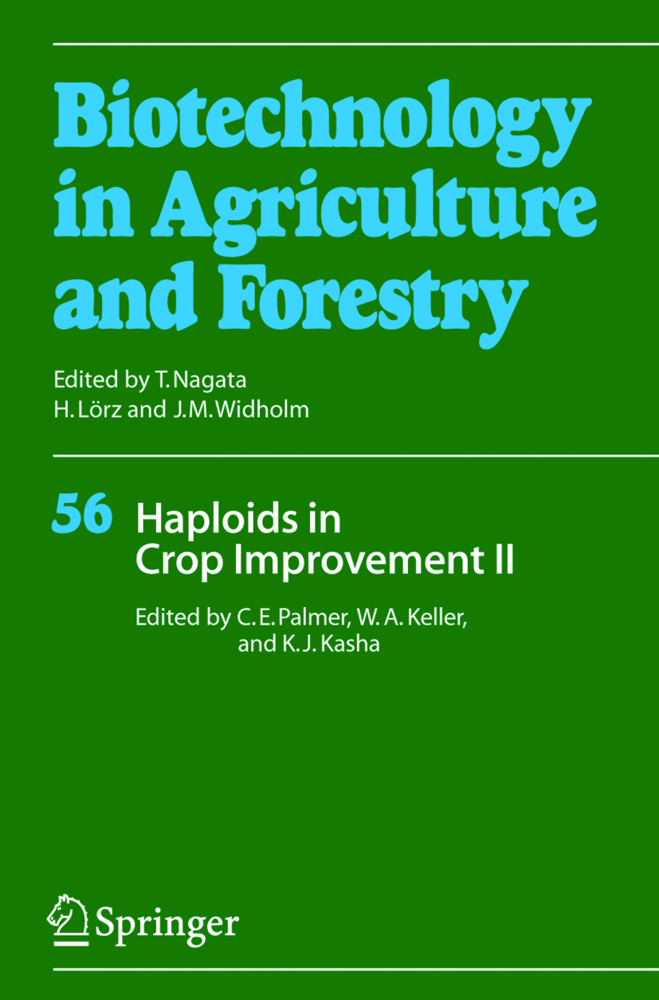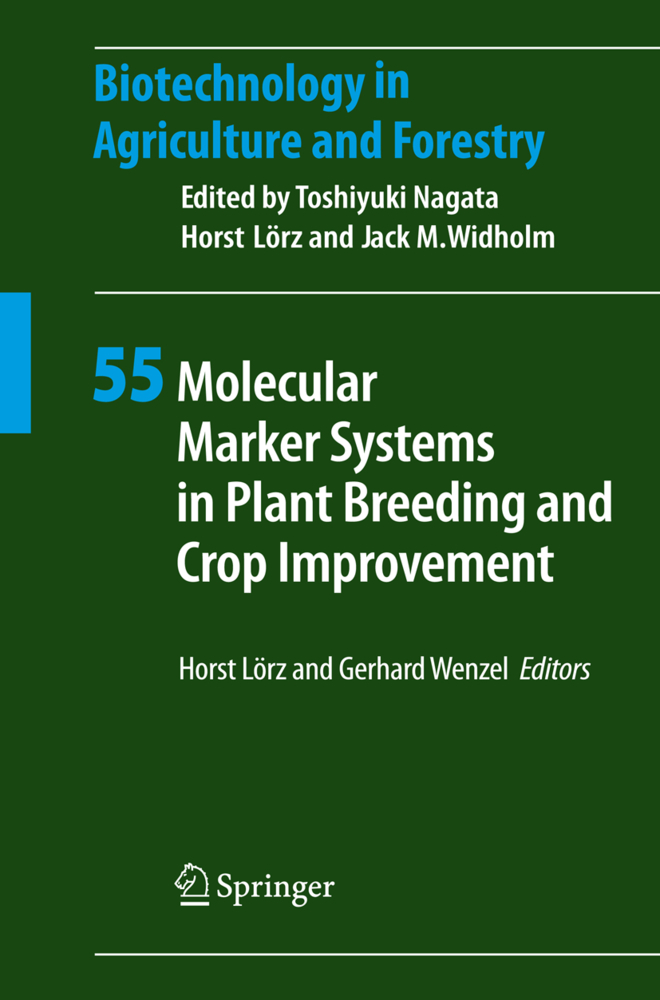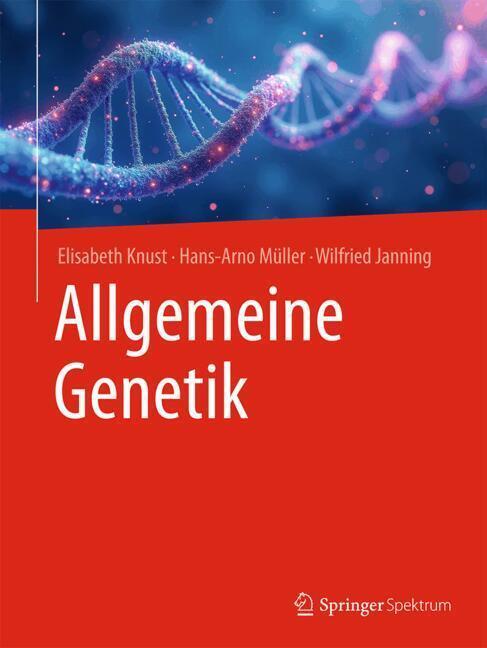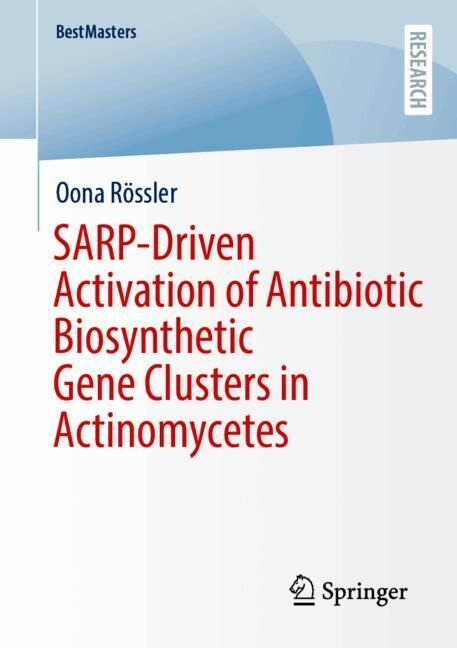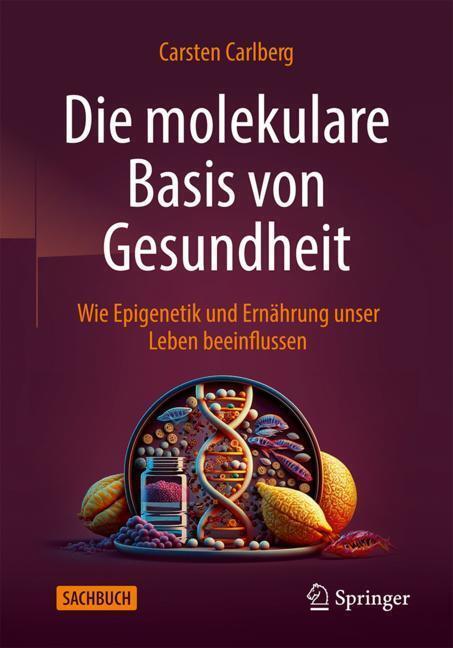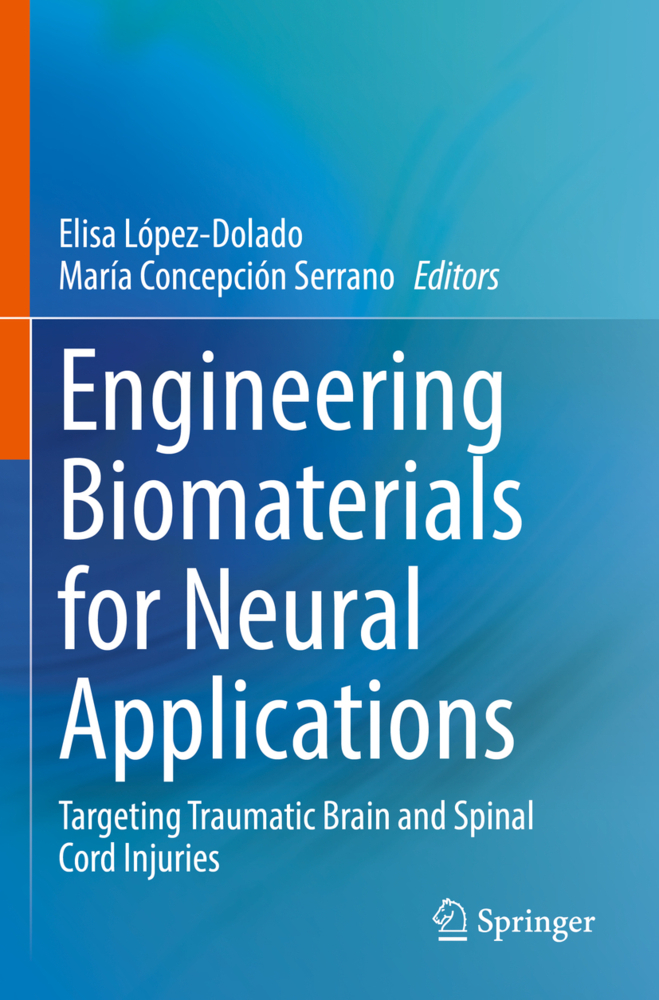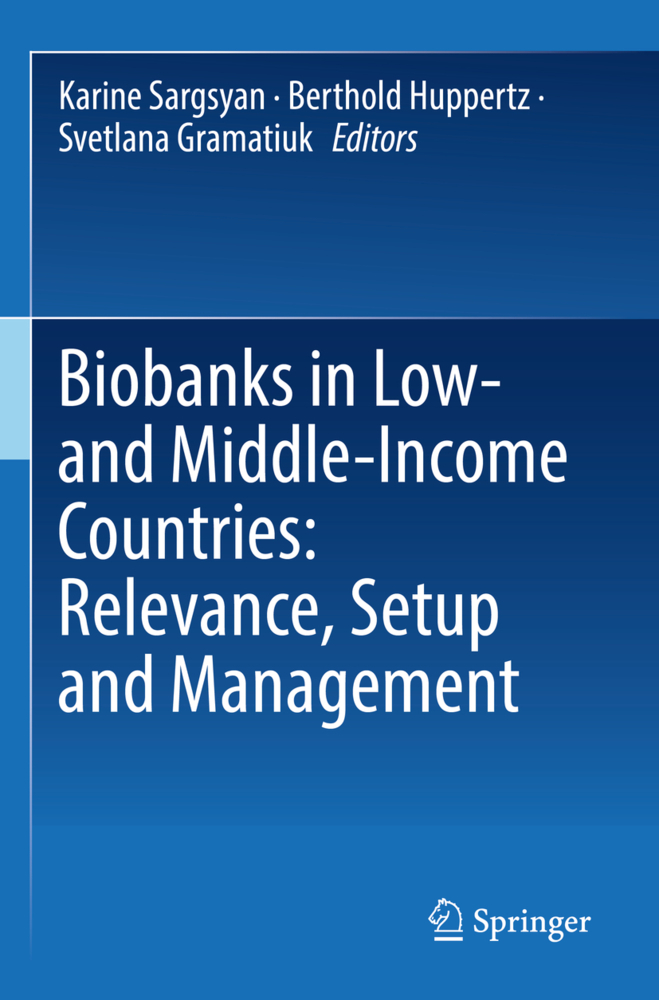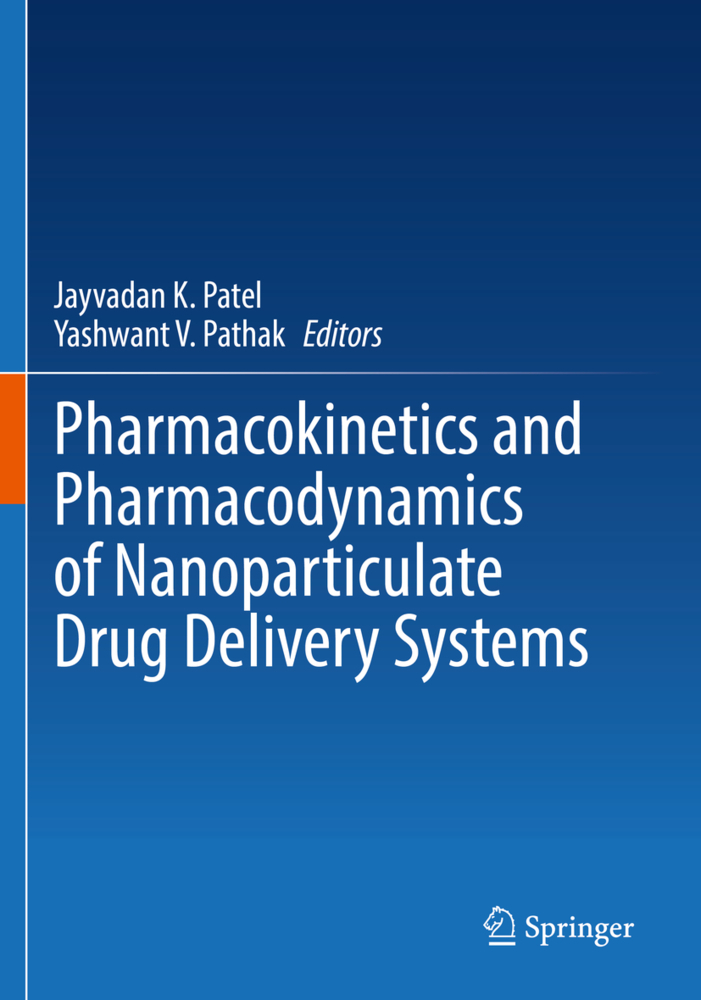Haploids in Crop Improvement II. Pt.2
Haploids in Crop Improvement II. Pt.2
Doubled haploid technology is an important tool for plant breeding. It allows for significant time reduction in the achievement of homozygous breeding lines of value in crop improvement.
This volume provides an excellent overview of haploid induction and the application of doubled haploids. The authors emphasize advances made in the understanding of microspore embryogenesis, but treat also advances in gynogenesis and the manipulation of parthenogenetic haploid development.
The text contains a thorough discussion of the application of haploidy to the improvement of a number of species from various families, including Brassicaceae, Poaceae, and Solanaceae. The various methods applicable to these species are described in detail. Each chapter contains critical evaluation of the scientific literature and an extensive list of references. This volume is ideally suited for plant breeders, geneticists, and plant cell biologists.
Overview of Haploidy
Pathways to Microspore EmbryogenesisThe Role of Stress in the Induction of Haploid Microspore Embryogenesis
Microspore Embryo Induction and Development in Higher Plants: Cytological and Ultrastructural Aspects
Biochemical and Molecular Aspects of Haploid Embryogenesis
Storage Product Metabolism in Microspore-Derived Cultures of Brassicaceae
Chromosome Doubling and Recovery of Doubled Haploid Plants
Utilization of Microspore-Derived Embryos
Haploids in the Improvement of Solanaceous Species
Haploids in the Improvement of Crucifers
Haploids in the Improvement of Poaceae
Haploids in the Improvement of Woody Species
Haploids in the Improvement of Miscellaneous Crop Species (Cucurbitaceae, Liliaceae, Asparagaceae, Chenopodiaceae, Araceae and Umbelliferae)
Haploids in the Improvement of Linaceae and Asteraceae
Challenges and Limitations to the Use of Haploidy in Crop Improvement.
Palmer, Constantine E. Don
Keller, Wilfred A.
Kasha, Kenneth J.
| ISBN | 978-3-540-22224-8 |
|---|---|
| Artikelnummer | 9783540222248 |
| Medientyp | Buch |
| Copyrightjahr | 2005 |
| Verlag | Springer, Berlin |
| Umfang | XV, 318 Seiten |
| Abbildungen | XV, 318 p. |
| Sprache | Englisch |

